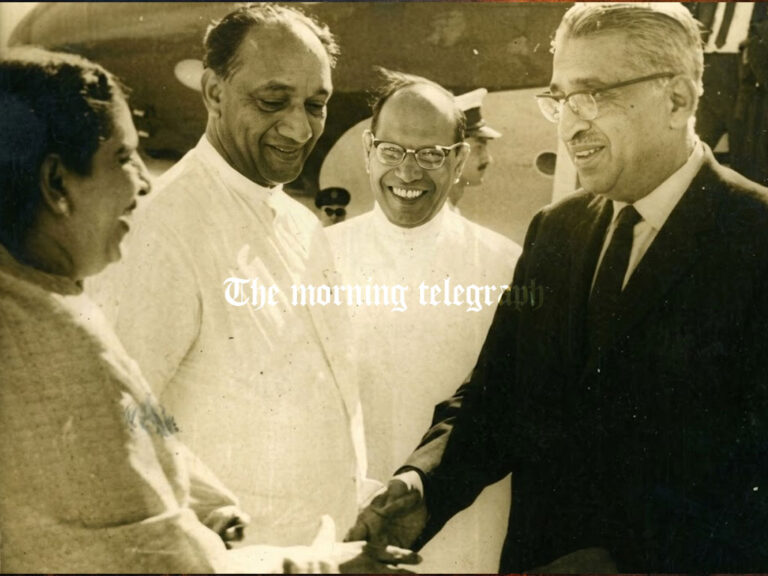
As Australia heads toward the Federal Election on May 3, 2025, the country stands at a pivotal crossroads. Public discontent over bureaucratic inefficiency, policy stagnation, and a disconnected political elite has reached a crescendo. The concerns that matter most to ordinary Australians – those shaping their daily realities – are being sidelined, while party platforms continue to offer little more than superficial pledges
Public Service: Inefficiency and Favoritism
Years of living under an increasingly inefficient public administration have left many Australians disheartened. The once-robust civil service has been eroded by a culture of favouritism and poor recruitment practices. A clear example: after losing official documents, a citizen paid for replacements only to face months-long delays. Under former Prime Minister John Howard, entrance exams were replaced by interviews, favouring connections over competence, a shift that continues to plague public sector hiring today.
Privatization vs. Public Accountability
Departments such as Employment, Disability Services, and Aged Care have suffered under privatization. Many argue these essential services should be restored to direct government control to ensure equity and accessibility. In the healthcare sector, the chronic shortage of hospital beds and ambulance ramping reflect administrative failure that competent state and territory civil services could correct.
A Need for Keynesian Intervention
Australia’s economic model heavily tilted in favour of corporate interests under the Chicago School framework has not trickled down to benefit the average citizen. A shift to Keynesian principles is urgently needed. The federal government must take charge of employment generation, education, healthcare, aged care, housing, and law enforcement. Avoiding privatization is central to preventing further deterioration of social equity and economic stability.
Law and Order in Decline
A rise in stabbing-related murders and violent crimes has made safety a pressing concern. Light sentencing policies and prison conditions that resemble rehabilitation centers rather than punitive correction have led to frequent reoffending. Many citizens are calling for a re-evaluation of self-defence laws and the reintroduction of capital punishment for particularly heinous crimes.
Administrative Decay and Political Cynicism
Australia’s governance is under pressure not just from external challenges, but from an erosion of public trust. Many voters, particularly younger Australians, are politically disengaged, believing all politicians are dishonest. This cynicism stems from the perception that politics is a last refuge for those who fail elsewhere. The lack of capable district and civil administrators has only amplified the problem, placing unsustainable burdens on the political system.
Reform Solutions
Among potential solutions, some suggest recruiting retired civil servants from countries with effective governance, such as Britain and India, to assist in rebuilding Australia’s administrative backbone. Additionally, reforms to restore merit-based public service recruitment could help bridge the competence gap that has widened over the years.
Final Thoughts: A Nation at a Crossroads
Australia may enjoy sunshine and sporting success, but beneath the surface, it is grappling with systemic decay. From rising crime and housing unaffordability to healthcare strain and policy paralysis, the electorate is crying out for substance over spin. As the 2025 election approaches, political parties must focus on what truly matters or risk deepening a governance crisis that is already dangerously close to the brink.




